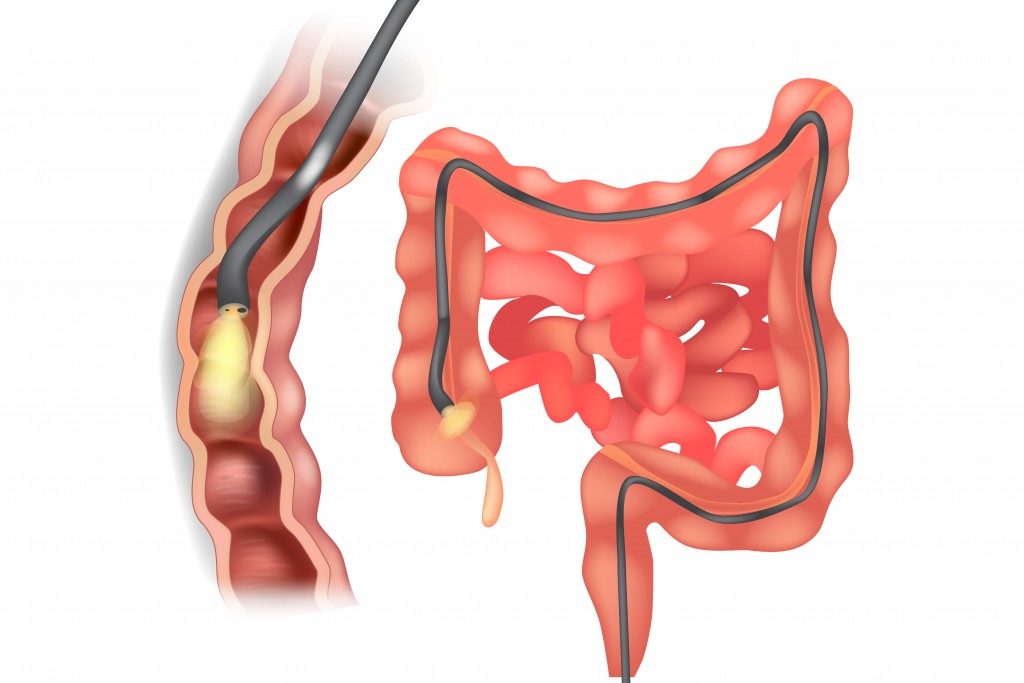A colonoscopy is an outpatient procedure where the large intestine and rectum are examined for any abnormalities. It is commonly used in evaluating gastrointestinal symptoms, such as changes in bowel habits or intestinal and rectal bleeding.
A colonoscopy is performed by doctors in Salem and other parts of the country. Doctors also use it to screen for colorectal cancer (CRC), a type of cancer that starts in the rectum or colon. This screening test is recommended for adults over the age of 50.
However, you may opt to have one even if you’re still young, especially if you have a family history of polyps or colorectal cancer.
How to Prepare for a Colonoscopy?
The first and foremost rule that you need to follow before a colonoscopy is that you must have a clean colon, as this allows your doctor to have a clear view of your colon. Your doctor will give you a list of instructions at least two weeks before the procedure.
If you want your colonoscopy to be a success, make sure to follow all of them religiously. You will be advised to restrict your diet at least 24 hours before the procedure. Your doctor may allow you to drink clear liquids, such as broth, water, sports drinks, and coffee, but solid foods will most likely be off-limits during this period.
Next, your doctor will also ask you to empty your bowel the night or morning before your procedure. You can do this in one of two ways: take a prescribed laxative or supplement it with a series of enemas. Also, don’t forget to tell your doctor if you’re taking any other medications before the exam.
This is especially important if you have high blood pressure, heart problems, diabetes or if you’re taking supplements and medications that contain iron.
What to Expect During a Colonoscopy?
During your colonoscopy procedure, your doctor will insert a long, flexible instrument with a diameter of approximately 1/2 inch, called a colonoscope, into your rectum and large intestine. This will allow your doctor to view the lining of the colon.
A small amount of soft tissue may be extracted for biopsy when deemed necessary. Polyps may also be removed during the procedure. In most cases, a colonoscopy helps patients avoid having to undergo a major operation, as it provides accurate diagnosis and treatment for colorectal issues.
What is Recovery Like?

The procedure typically lasts for about 30 minutes to an hour. After the process, you will need to stay in a recovery room for 30 minutes or so until you are ready to be discharged. It’s also normal to experience cramping or feeling bloated like you have gas, but this will quickly pass.
Additionally, the anesthesia injected into you will have you feeling woozy. So, make sure to bring someone with you on the day of your procedure because you won’t be able to drive yourself home.
A colonoscopy is a minimally invasive procedure. But, even so, it still comes with its own share of possible risks and complications. Your doctor will tell you everything you need to know about the procedure during one of your consultations.
And for faster recovery, make sure that you understand all the aftercare instructions before heading home.

